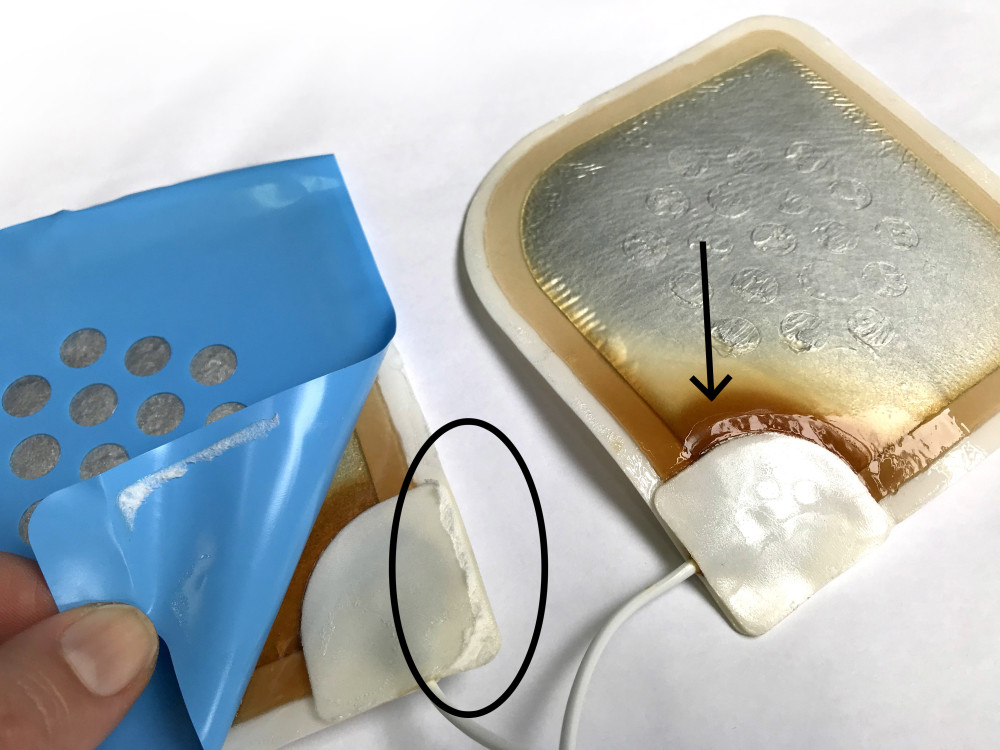AED pads do expire, so make sure to buy replacements
by Heart Saver NZ
So, you've invested in an AED. Do you really have to replace the pads every few years?
It's a question we’re often asked. Read on for answers.
So, you've invested in an AED. Do you really have to replace the pads every few years?
It's a question we’re often asked. Read on for answers.
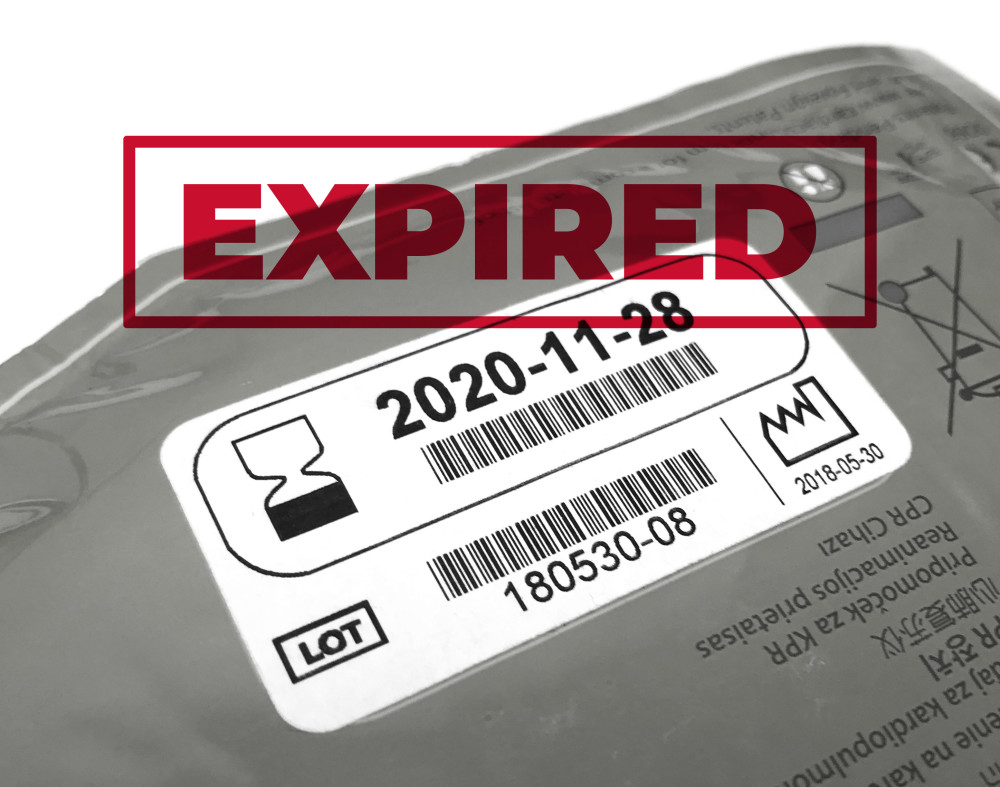
If you manage an AED programme, hopefully, you know that the AED pads in your device have an expiry date. However, you may not know, why.
The information below is from a video posted to the AED Brands website, a fantastic resource for AED education.
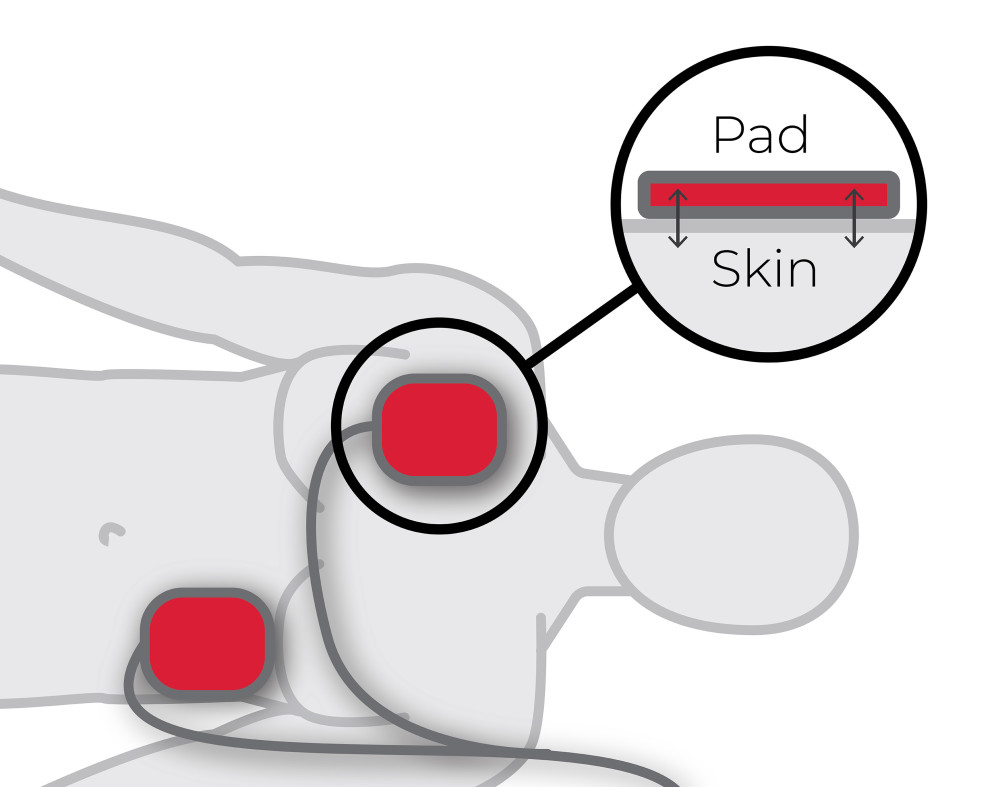
For an AED to provide the right kind of therapy to a sudden cardiac arrest (SCA) patient, the AED pads must make proper contact with the patient’s skin. With good contact, the AED is able to correctly analyze the patient’s heart rhythm and determine whether the patient is in sudden cardiac arrest or not. Additionally, proper contact by the AED pads is necessary for the AED to deliver lifesaving shock therapy.
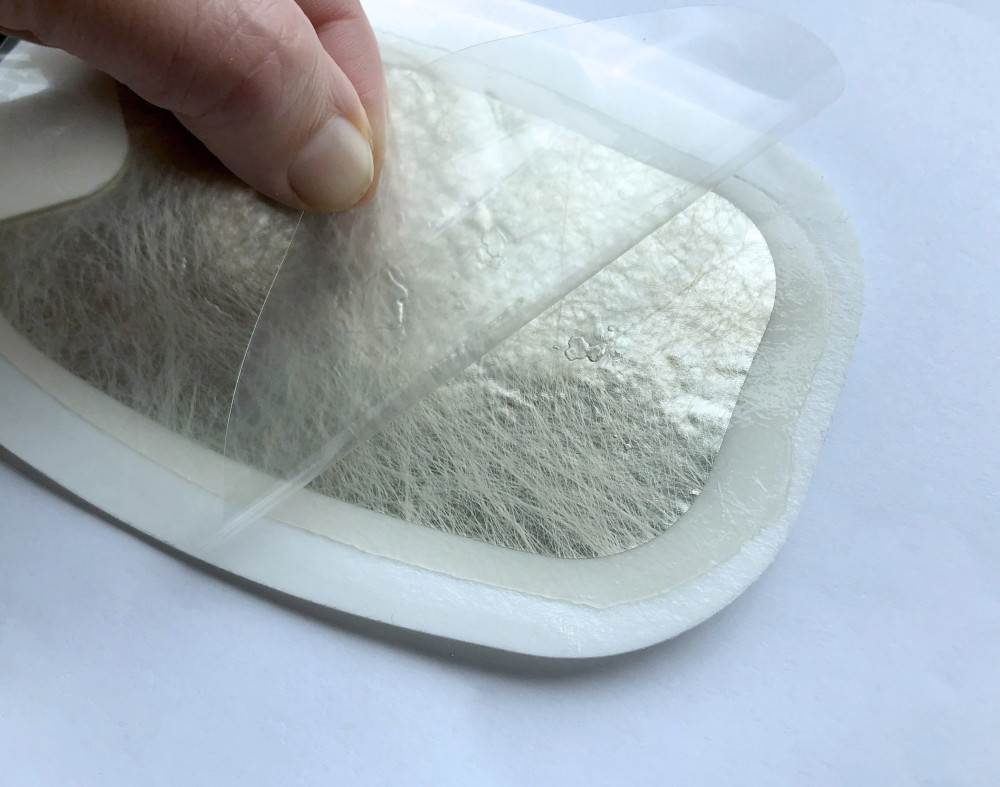
To help AED pads adhere to the skin properly, a gel is applied to the pads when they are manufactured. By seeping into the pores of the skin, the gel acts as a bonding agent between the sudden cardiac arrest patient and the AED pads. However, over time, the gel begins to dry out and the chemical makeup of the gel breaks down.
If AED pads are used beyond their expiration date, they will not adhere to the skin as well, particularly when cardiopulmonary resuscitation (CPR) is done. During CPR compressions, AED pads with poor adhesion may pull away from the skin, thus reducing the chances that the AED will provide effective analysis and therapy.
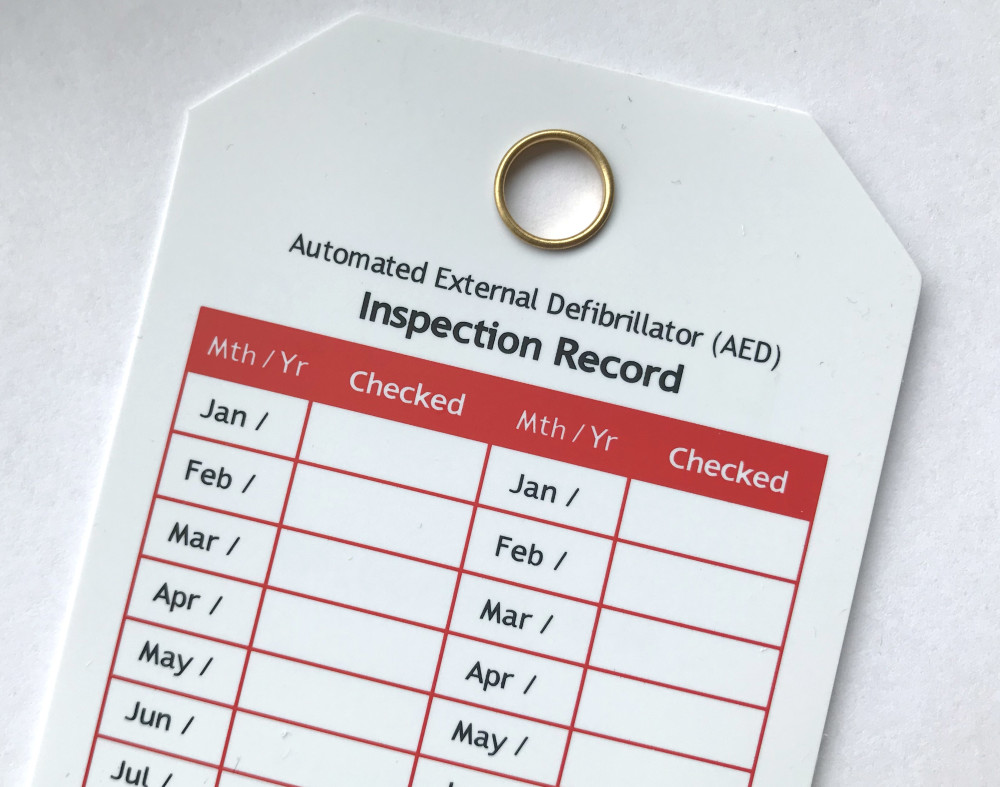
Because of the chemical breakdown of the gel in the defibrillator pads, the manufacturers of AED pads cannot guarantee that the pads will have enough adhesion to work correctly after a certain amount of time has passed.
Therefore, the pads have an expiration date to help ensure that sudden cardiac arrest patients have the best possible chance of survival. The typical life expectancy of AED pads is between 18 and 30 months. Therefore, it is vital to conduct routine maintenance and supply checks of all your AED units and medical emergency supply kits to ensure that your AED program complies. The risk of not doing so could cost someone his or her life.
